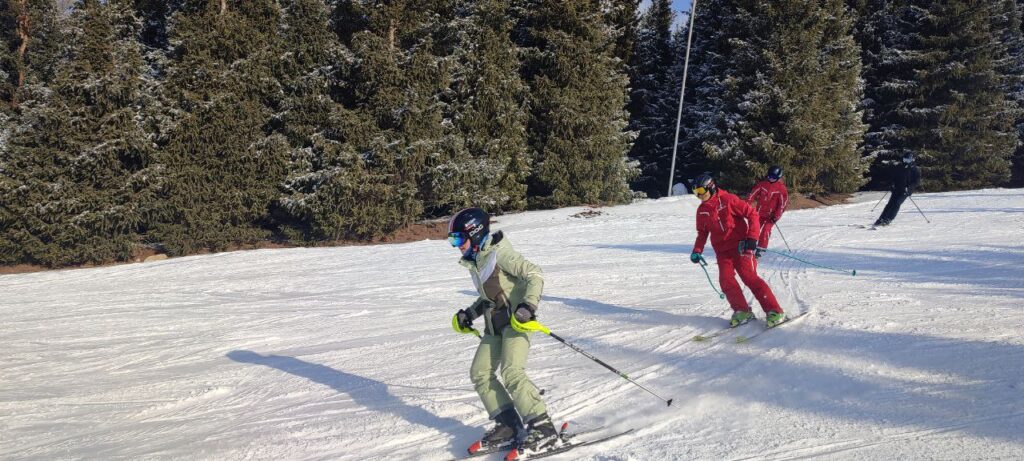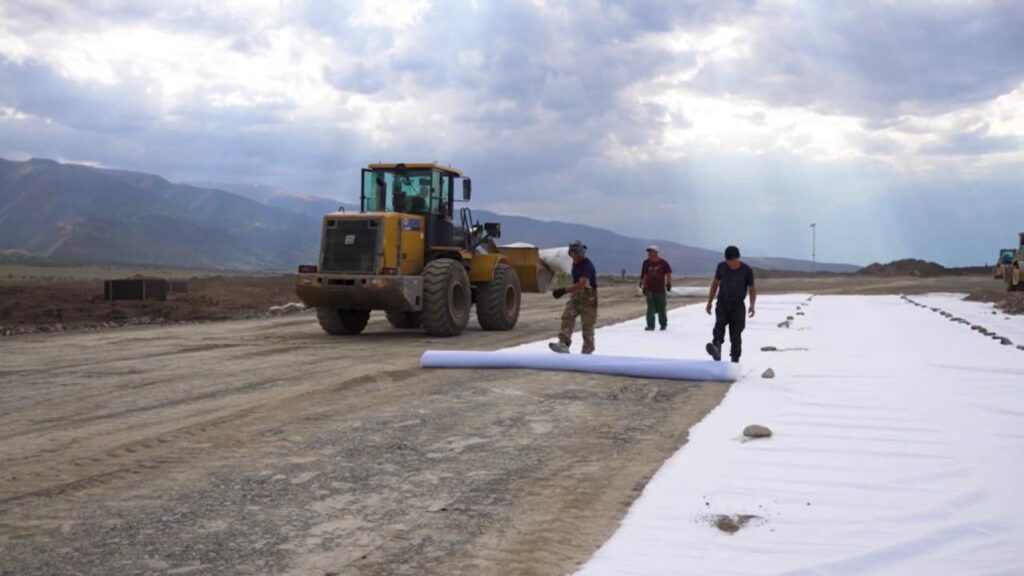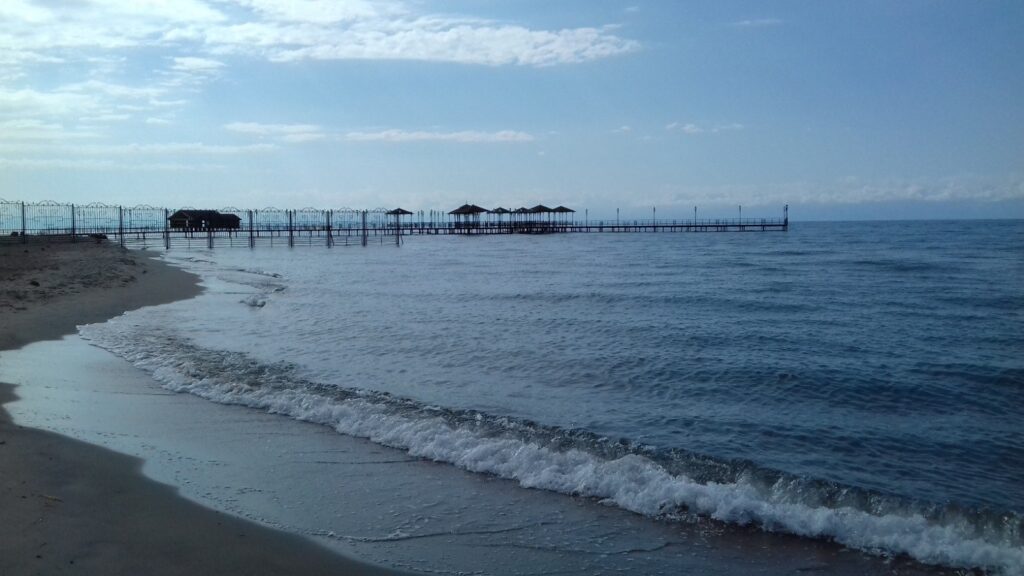Kazakhstan Weighs Opening Casinos Exclusively for Foreign Citizens
Kazakhstan is considering establishing new gambling zones that would be accessible only to foreign tourists. The Ministry of Tourism and Sports recently conducted a socio-economic study in potential host regions and reported that a significant portion of local residents support the initiative. According to the ministry, international experience suggests that gambling zones restricted to foreign citizens can serve as an additional tool for attracting tourists and developing resort infrastructure, without directly impacting the domestic social environment. The proposed sites for these exclusive casinos include the Mangistau region on the Caspian Sea, the Zhetysu region in southeastern Kazakhstan, and the Almaty region. In Mangistau, 46% of respondents surveyed supported opening casinos for foreign tourists. The ministry estimates that by 2029, the region could receive up to 148,000 foreign visitors, creating approximately 7,000 permanent jobs and generating $2.3 million in annual tax revenue. In the Zhetysu region, 67% of respondents expressed no objection to the development of such casinos. Projections suggest the region could host 36,000 foreign tourists annually by 2029, with around 700 jobs created and $4.7 million in annual tax revenue expected. In the Almaty region, 54.5% of respondents supported the idea. By 2030, the region could attract up to 23,000 foreign tourists per year. According to forecasts, two gambling zones in the region may generate $12.8 million in tax revenue by 2028 and create around 2,000 permanent jobs. The ministry stressed that the establishment and operation of gambling zones will comply with national legislation. Local authorities will determine the exact boundaries, and entry will be restricted to foreign citizens only. Officials also highlighted ongoing national efforts to combat gambling addiction and mitigate social risks. The condition known as “pathological attraction to gambling” is internationally recognized and classified under the ICD code F63.0. In October 2023, Kazakhstan approved a clinical protocol for diagnosing and treating the disorder. Previously, The Times of Central Asia reported that Kazakh authorities are intensifying their crackdown on bloggers promoting online casinos. Measures under consideration include licensing requirements for bloggers and the introduction of criminal penalties, replacing current administrative sanctions.






